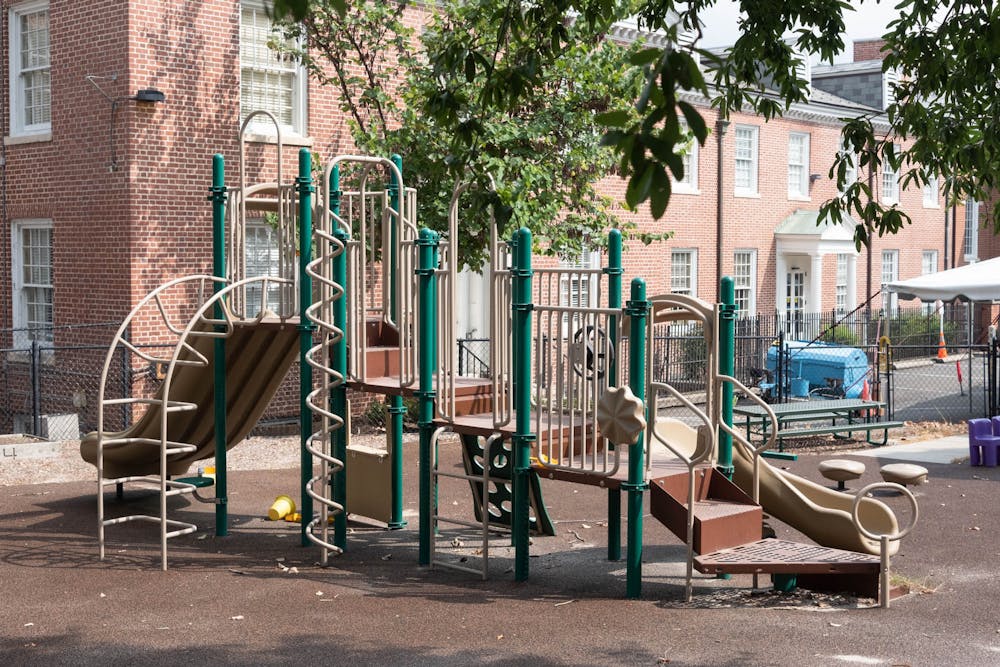The N.C. Department of Health and Human Services, in partnership with the N.C. Department of Public Instruction and the N.C. Community College System, announced it would be implementing initiatives to recruit and support early childhood educators in response to a nationwide childcare shortage.
In an Aug. 15 press release, the NCDHHS announced early childhood professionals can now earn up to nine community college credits from past experience and technical training. These credits can be applied towards credentials like an early childhood education diploma and an associate in applied science degree for early childhood education.
The NCDHHS is also making 400 hours of child development coursework available at no cost to any employee of an accredited North Carolina childcare facility.
High school students interested in a career in early childhood education can gain firsthand experience through the new Building Bright Futures pre-apprenticeship program.
Theresa Roedersheimer, the NCDHHS' senior early childhood policy advisor, said these continuing-education offerings highlight pathways to enter the childcare field and reward current educators who have not yet obtained certain higher education credits.
“We might have a childcare provider, for example, that’s been in the field for a multiple number of years,” Roedersheimer said. “They have great experience with training and technical assistance, and they actually can show the work that they’ve done, and the knowledge that they have can actually be equivalent to some college education credits.”
Roedersheimer said it is important to attract new talent to the early childhood education profession because of the nationwide shortage of early childhood teachers, which she said has only intensified due to the COVID-19 pandemic.
She said many experienced professionals have left the field for careers with more benefits and higher wages, which private childcare providers could not afford to offer because of unreliable funding structures and high operating costs.
“It’s harder to recruit, especially when you know that the funding is not sustainable,” she said.




